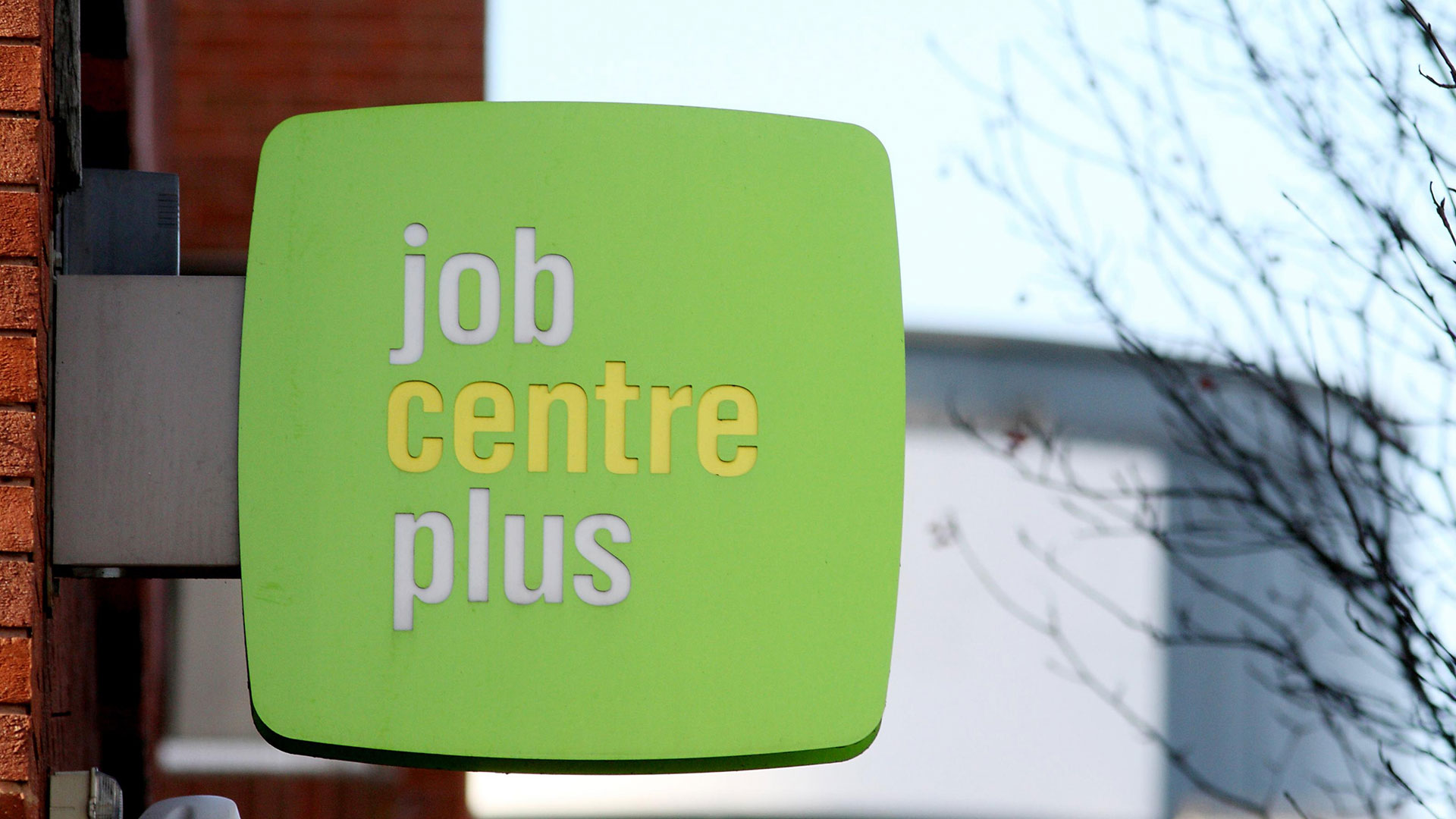But while the move has been welcomed – the debate this week has been looking beyond punitive measures like sanctions, in favour of a basic income.
Shadow Chancellor John McDonnell has long been a backer of the idea to give everyone in the UK a monthly payment and has set out Labour’s intention to explore “a radical mechanism aimed at eradicating poverty”.
This week he has been vocal as two reports were launched in favour of a basic income.
The first, by Labour-backed think tank the Progressive Economic Forum (PEF), saw economist Guy Standing assess previous basic income trials in Finland, the Netherlands and more and suggest how the idea could be brought to the UK.
Standing concluded: “Moving towards a system in which basic income or commons dividends is an integral part would be a radical return to the great progressive traditions of the United Kingdom.”
Advertising helps fund Big Issue’s mission to end poverty
The second report focused on bringing a basic income into force in Scotland – an idea that the Scottish government has been in favour of since 2016.
The Royal Society for the encouragement of Arts, Manufactures and Commerce (RSA) made detailed suggestions of how it would come to pass, starting out with an initial pilot paying adults £2,400 per year and kids £1,500.
The study reckons that doubling that total with successive parliaments would help eliminate destitution for 52,875 households a year.
That would mean scrapping sanction-led employment benefits and the personal allowance while the RSA suggests that it could be funded with a “Growth Accelerator”, an annual tax on wealth and assets or climate taxes.
Anthony Painter, director of action and research at the RSA, said: “Basic income has been tested and shown to have a positive impact on well-being and trust without reducing participation in the labour market overall. Meanwhile Universal Credit – relying on sanctions to control individuals – has been shown to have damaging effects on health, well-being and trust, and creates greater economic insecurity.
Advertising helps fund Big Issue’s mission to end poverty
“We face big changes in the 2020s, including from automation, an ageing society, climate change and Brexit uncertainty, and we need fresh thinking.”
But not everybody is on board with the idea just yet – with trials, like Finland’s, showing a boost in well-being but not employment.
Anna Coote from the New Economic Foundation (NEF) has pointed to a lack of evidence that a universal basic income can be “affordable, inclusive, sufficient and sustainable at the same time” in her own “Universal Basic Income: A Union Perspective” report.









